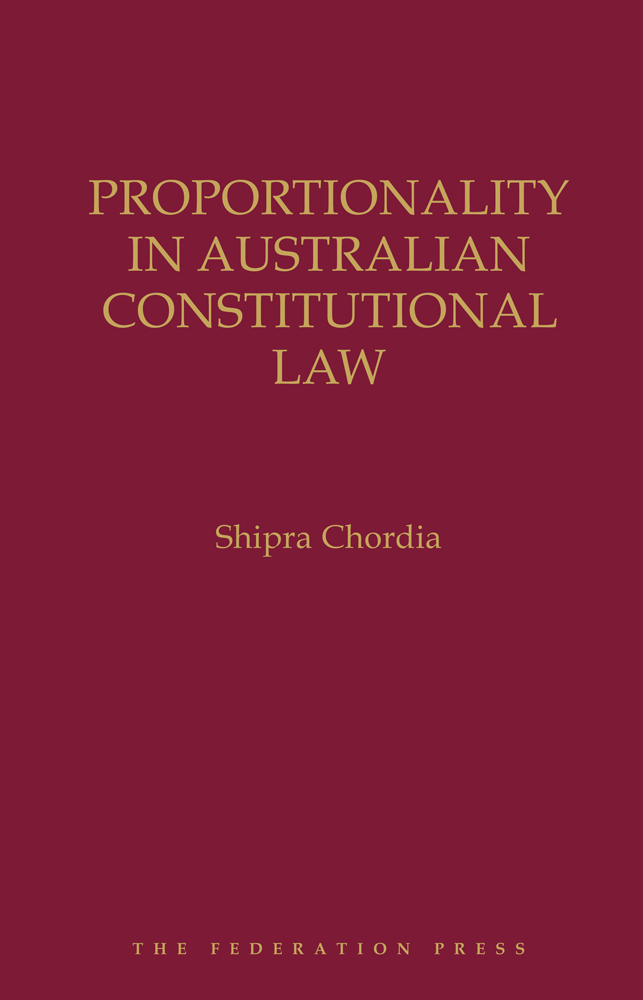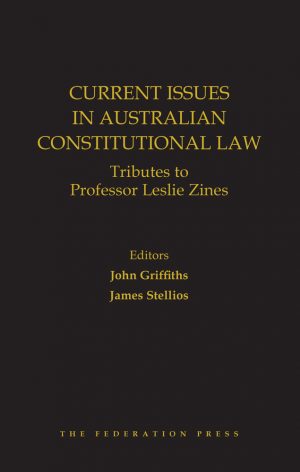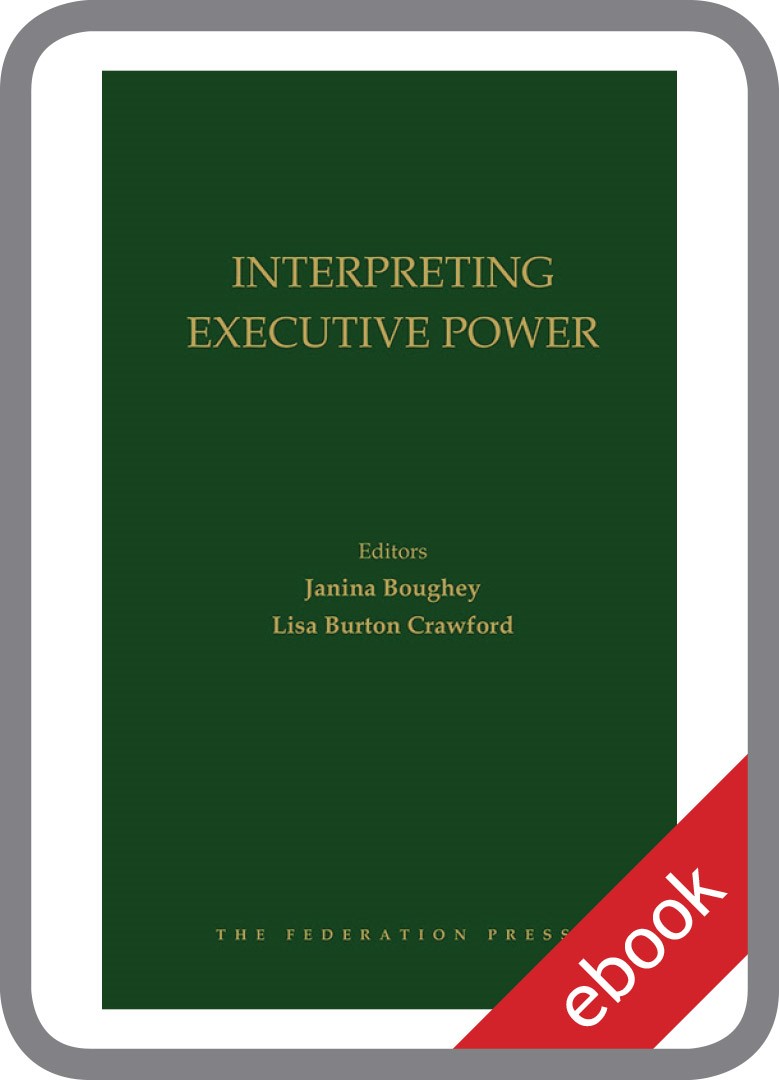Winner of the 2019 Holt Prize, Proportionality in Australian Constitutional Law considers the concerns that have been raised regarding the appropriateness of proportionality in Australian constitutional law and how these might be addressed.
Proportionality is an analytical method used in the constitutional jurisprudence of courts around the world, including in Australia. The method, however, is not free from controversy.
Since its first introduction into Australian constitutional law, there have been debates regarding its use. Recent cases, in particular, have seen a splintering on the High Court, with some judges expressing support for proportionality as a useful tool in certain contexts, while others have expressed deep reservations about its suitability. Against this background, Proportionality in Australian Constitutional Law proposes a theoretical framework for proportionality, and uses that framework to explore a critical question: when is proportionality an appropriate analytical tool in Australian constitutional adjudication?
Foreword by the Hon Sir Anthony Mason AC KBE GBM QC
Acknowledgments
About the Author
Table of Cases
Table of Statutes
1. Introduction
I. Proportionality in global constitutional law
II. Proportionality in Australian constitutional law
2. Proportionality as a Concept
I. Proportionality’s classical foundations
II. Proportionality in German public law
III. Proportionality in global constitutional law
3. Structured Proportionality as an Analytical Tool
I. The Basic Law
II. Post-war jurisprudence
III. Constitutional assumptions giving rise to balancing
IV. Balancing and structured proportionality
V. Incommensurability
4. Structured Proportionality and Judicial Restraint
I. Judicial restraint and the origins of structured proportionality
II. Variable intensities of review
5. Alternatives to Structured Proportionality
I. The First Amendment and the balancing problem
II. Formalism
III. Ad hoc balancing
IV. Tiered review based on categorisation
6. Proportionality in the Characterisation of Laws
I. The ‘purposive’ powers
II. ‘Proportionality’ as a constraint
III. Various uses of ‘proportionality’ in characterisation
IV. Explaining proportionality in characterisation
7. Proportionality and the Freedom of Interstate Trade and Commerce
I. Theories of section 92 before Cole v Whitfield
II. Cole v Whitfield and beyond
III. Competing modern approaches to section 92
8. Proportionality and the Implied Freedom of Political Communication
I. Early implied freedom cases
II. Modern approaches
III. Addressing criticisms of structured proportionality
IV. When is structured proportionality not appropriate?
9. The Forms of ‘Proportionality’
I. Means ends analysis
II. Ad hoc balancing
III. ‘Smoking out’ a law’s purpose
IV. Reasonably appropriate and adapted
V. Structured proportionality
References
Index
[A valuable contribution] to the literature considering the role of structured proportionality in the Australian constitutional context. Read full review…
Dominic Villa SC, Bar News, Winter 2022
Shipra Chordia’s Proportionality in Australian Constitutional Law has already received acclaim from at least five of the most respected lawyers in Australia. Professor William Gummow AC, Justice Alan Robertson, Dr Ruth Higgins SC, and Justice Mark Leeming awarded the book the Federation Press’ Holt Prize for excellence in legal scholarship. Sir Anthony Mason has written the foreword to the book, calling it an “illuminating account of structured proportionality, its strengths and weaknesses… the book is an important addition to the Australian Constitutional Law bookshelf”.
Thomas Feeney, The Queensland Lawyer, (2021) vol 39 pt 1
There are many … insights packed into this slim volume, making it a welcome intervention in this lively debate, albeit certainly not the last word.
Julian R Murphy, Victorian Law Institute Journal, (2021) May
Chordia’s book provides a comprehensive and well-written account of structured proportionality as a mechanism for determining the constitutional validity of legislation … The book has, however, a further and more profound value. It leads us to question the importance of key principles of our constitutional law … Proportionality reasoning is a topic that public lawyers can no longer avoid.
John Basten, Sydney Law Review, (2021) vol 43 no 1







